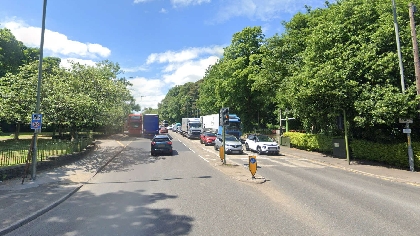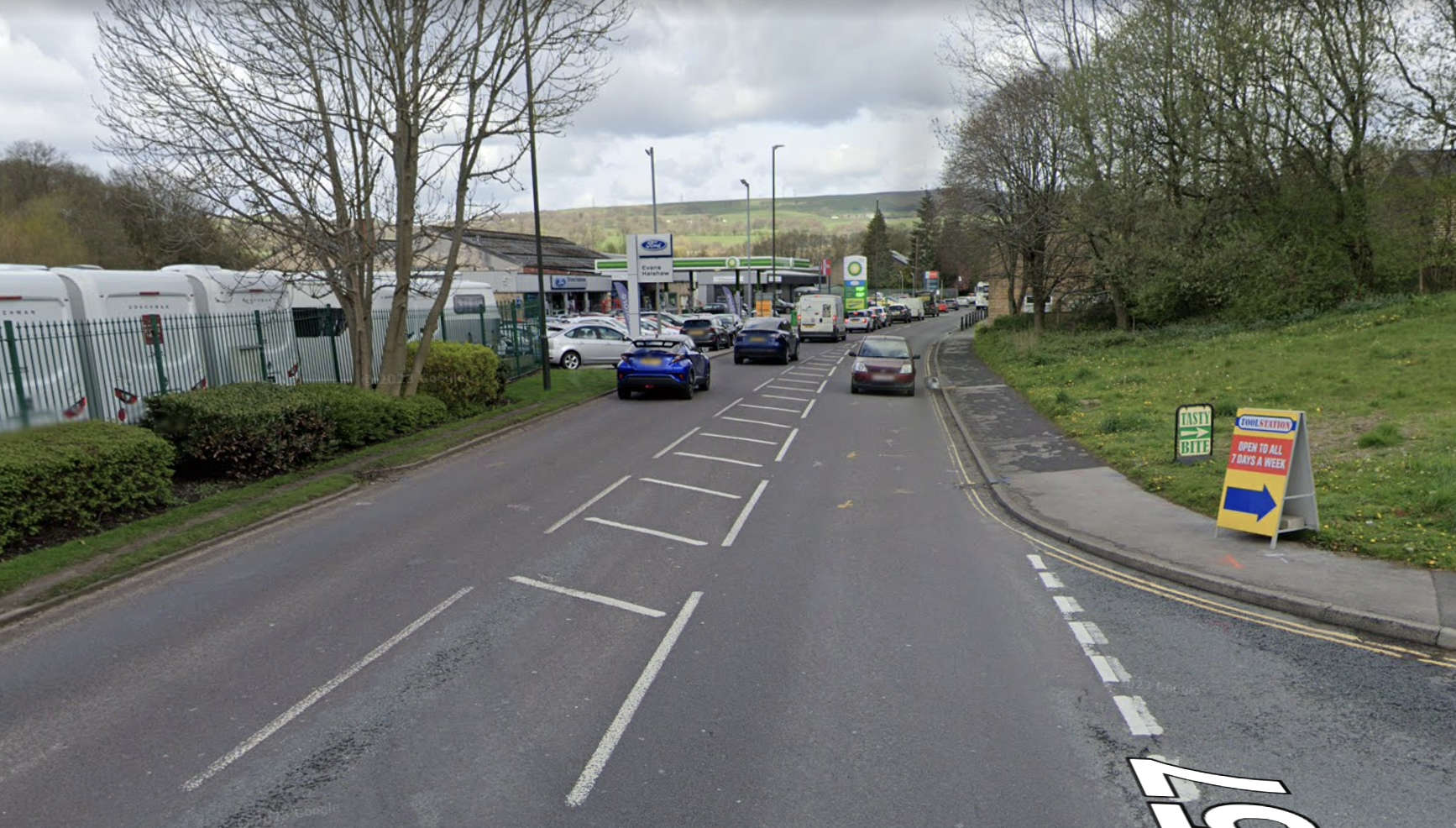
Teenagers scared to talk to the doctor in case their parents overhear and older people unable to use technology are just two ways in which patients are missing out on care in the switch to "virtual" health appointments, a new report shows.
One patient felt intimidated by their doctor’s face looming out of their screen and another said she could not have an online consultation unless she walked into the street, where her internet connection was better.
The concerns have emerged in Derbyshire after appointments were switched online over Covid infection fears at surgeries and clinics.
But a study has discovered many patients had issues accessing on-screen appointments with GPs or other healthcare professionals.
Others felt that they were not appropriate and as such put off approaching healthcare services over their issues and symptoms.
A key group seen to have missed out in the shift to virtual appointments are the elderly.
The report found that many did not feel they had sufficient capacity to use technology to set up a virtual video appointment.
This was a particular issue during lockdown due to the need for the elderly and those with pre-existing health conditions to self-isolate and also general advice to avoid using public transport.
Another restriction for many people in Derbyshire was a lack of broadband access, long an issue for the more rural parts of the county, such as the Dales, but also in some parts of our towns.
The new report has been compiled by patient watchdog Healthwatch Derbyshire, following talks with patients and healthcare professionals across the county.
Helen Henderson-Spoors, chief executive of Healthwatch Derbyshire, also said another issue facing would-be patients was the lack of privacy during lockdown and while people have been urged to continue working from home.
She told a Derbyshire County Council scrutiny meeting this week that many patients, particularly young people, felt they did not have the personal space and freedom at home to make a phone call or to appear on a video chat to discuss a highly confidential health concern.
They felt that they would rather put off their concerns than to open themselves up to their parents or others in their household “eavesdropping” on the conversation.
With people either confined to their homes or spending more time at home due to Covid guidance, this has been an unavoidable issue, said Ms Henderson-Spoors.
She said that many people had reported good experiences with virtual appointments, particularly the convenience and speed of being able to talk to a clinician from a distance and receive support and advice.
The investigation from Healthwatch Derbyshire was to find out which groups were not able to use, opted out of, or had bad experiences with virtual appointments, so as to make future adjustments to improve access to healthcare for patients and give professionals more insight into how patients find the process.
The organisation said the elderly were a key group to have missed out or struggled with the process, but this also includes people who are autistic, young people and patients with mental health issues.
Here are some of the anonymous comments from patients and health professionals provided in the report:
“I don’t have the technology, my phone is not a smart one and my laptop is old. I don’t have the know-how or desire to have a video appointment.”
“My mobile reception is so poor this side of the village I often have to go into the road to speak, I have changed network once already. The internet is not yet fibre, it’s really slow and freezes very often, it’s not reliable at all.”
“I cannot use technology without the help of my support worker. It is too complicated to use myself. I live in supported accommodation so my support worker helps me. I get confused using it on my own so always need my support worker’s help.”
“I cannot text due to my sight impairment. I have access to my husband’s computer but am not able to use it on my own due to my sight impairment, I would struggle.”
“At one point for a few seconds, I was briefly able to see and access another person’s consultation. This felt very odd and I was concerned about the security of the system. It was soon recognised by the professional and I was blocked out of the consultation.”
“The patient does not like these as she does not like people looking at you directly on screen with just their face. Finds it overpowering and scary. She forgot to say lots of things that she wanted to say as she felt quite intimidated.”
“I telephoned at 8 am and was told someone would call me back later in the day. I did actually miss the telephone call as I was away from the phone for a few minutes. This meant I had missed the appointment.”
“I am in sixth-form at school so had to ask permission to leave my phone on which was awkward, but I was told that I had to answer otherwise it would be classed as a missed appointment and I could be struck off the list. The call was 40 minutes late and I left the classroom to take the call in the corridor.”
“Many have experienced significant trauma and talking about something so sensitive and not having a clinician in the room can be very difficult, the physical presence and support is so important.”
Ms Henderson-Spoors said: “These are different groups who have different challenges and includes district nurses and healthcare professionals we wouldn’t usually hear from.
“We need to find what works best for patients in a Covid world and make any adjustments that we can as we move into the winter.”
Cllr Gary Musson said: “Reading some of the quotations from some of the people kind of brings it home to you in quite a hard way that there are people out there who struggle and can’t adapt (to make use of the technology) and from a personal point of view that is a bit disconcerting and when you think that from around March this year people won’t be able to access services they require very worrying.”
Ms Henderson-Spoor said: “There are a lot of people who say they will just wait until things get back to normal but they will be very different for the foreseeable. It is a worry.
“Virtual appointments are all very well if you have the technology and the skill to access appointments, but also the space – privacy is not something many of us have a lot of at the moment, have people actually got room to have quite a difficult and personal conversation without somebody in their house hearing it?”
Data from NHS Digital shows that between March and July around half of the 102 million GP appointments were held by video or phone call.
A report compiled by Healthwatch England found 85 per cent of medical consultations are now being carried out remotely.
Meanwhile, a survey of GPs by the British Medical Association found 88 per cent wanted to see an increase in remote or virtual consultations in the future.


 Vigil for Gaza takes place in Glossop town centre
Vigil for Gaza takes place in Glossop town centre
 Mottram Bypass to built after 50 years of waiting
Mottram Bypass to built after 50 years of waiting
 Temporary road closure in Glossop
Temporary road closure in Glossop
 Adventure-loving Naimah wins top Rotary Club award
Adventure-loving Naimah wins top Rotary Club award

